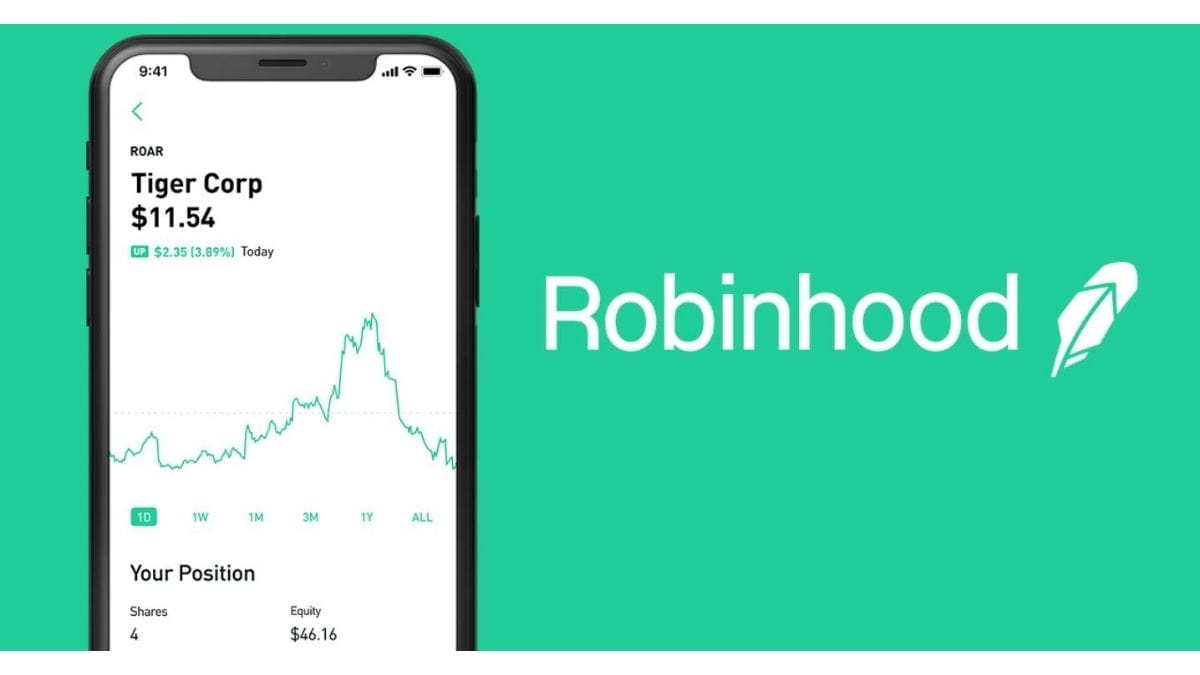Robinhood, the U.S. online broker that has emerged as a gateway for amateur traders challenging Wall Street hedge funds, has held talks with banks about raising $1 billion in debt so it can continue to fulfil orders for heavily shorted stocks, according to people familiar with the matter.
The capital raised would be separate from the $3.4 billion in financing that Robinhood announced on Monday it had secured from its investors since January 29. It reflects the financial pressure that last week’s Reddit-fueled frenzy in shares such as GameStop Corp placed on the company, prompting it to restrict some trades.
Robinhood raised another $2.4 billion of capital on Monday, days after getting $1 billion from investors. The now-$3.4 billion capital raise comes as the trading app aims to meet demand from retail traders buying and selling highly volatile stocks.
It’s the company’s largest fundraiser since it was founded in 2013, signalling confidence from investors, Robinhood said. “With this funding, we’ll build and enhance our products that give more people access to the financial system,” Robinhood said in a statement.
Robinhood needs the money to backstop trades that its customers place because its clearinghouse has asked for more collateral due to heightened volatility. Robinhood CEO Vlad Tenev said on Sunday that the trading app decided to place curbs on some transactions because the clearinghouse had asked for $3 billion in collateral.
The fresh infusion will allow Robinhood to meet the demands of the National Securities Clearing Corporation (NSCC), which requested the trading app to come up with a $3 billion deposit in order to cover trading risks. The clearing agency, however, has since cut down the figure to $700 million.
Robinhood CEO Vlad Tenev told Elon Musk on Sunday evening that the clearinghouse’s request was “about an order of magnitude more than what it typically is.” Tenev added that his company only had $2 billion in venture capital raised at that point.
While no legal action has been done, the U.S. Securities and Exchange Commission on January 29 said in a statement, it is “closely monitoring and evaluating the extreme price volatility of certain stocks’ trading prices over the past several days.”


